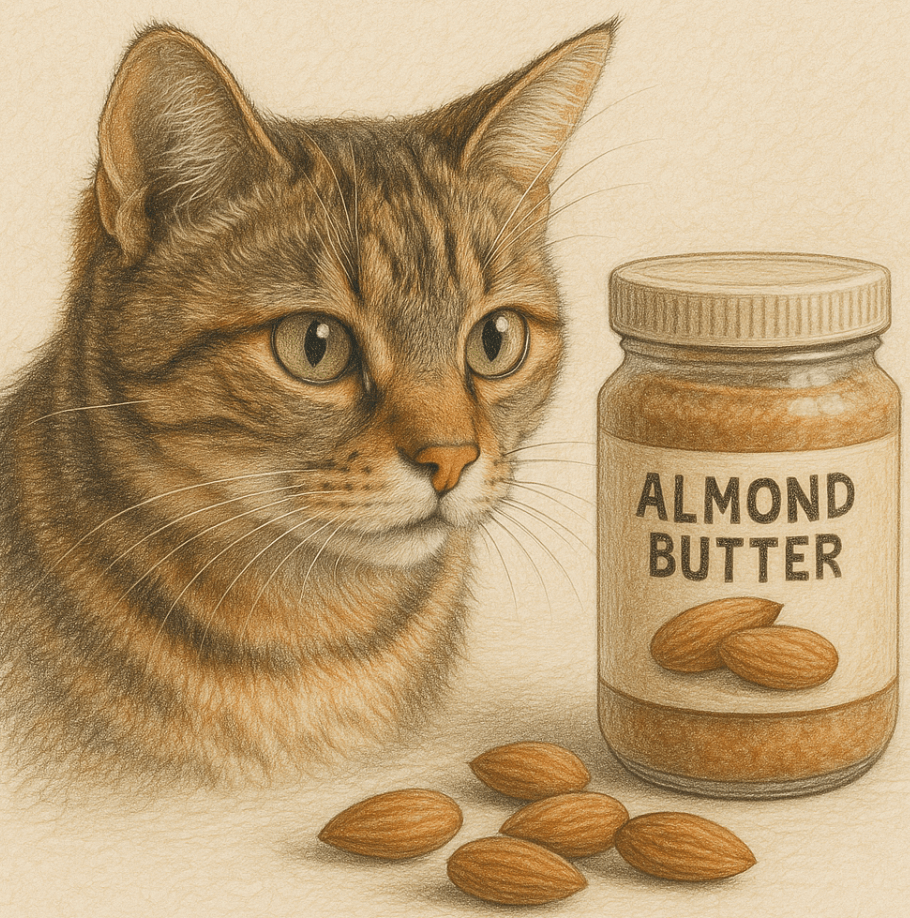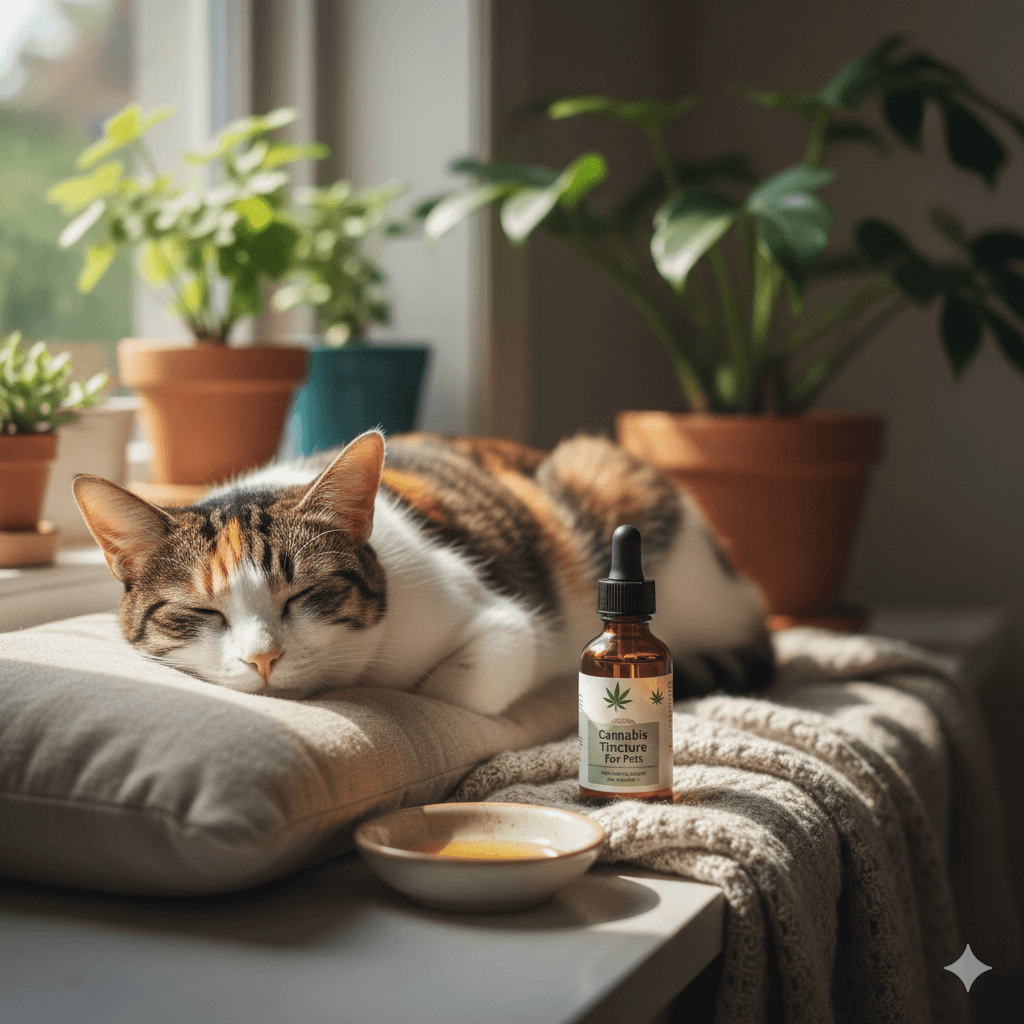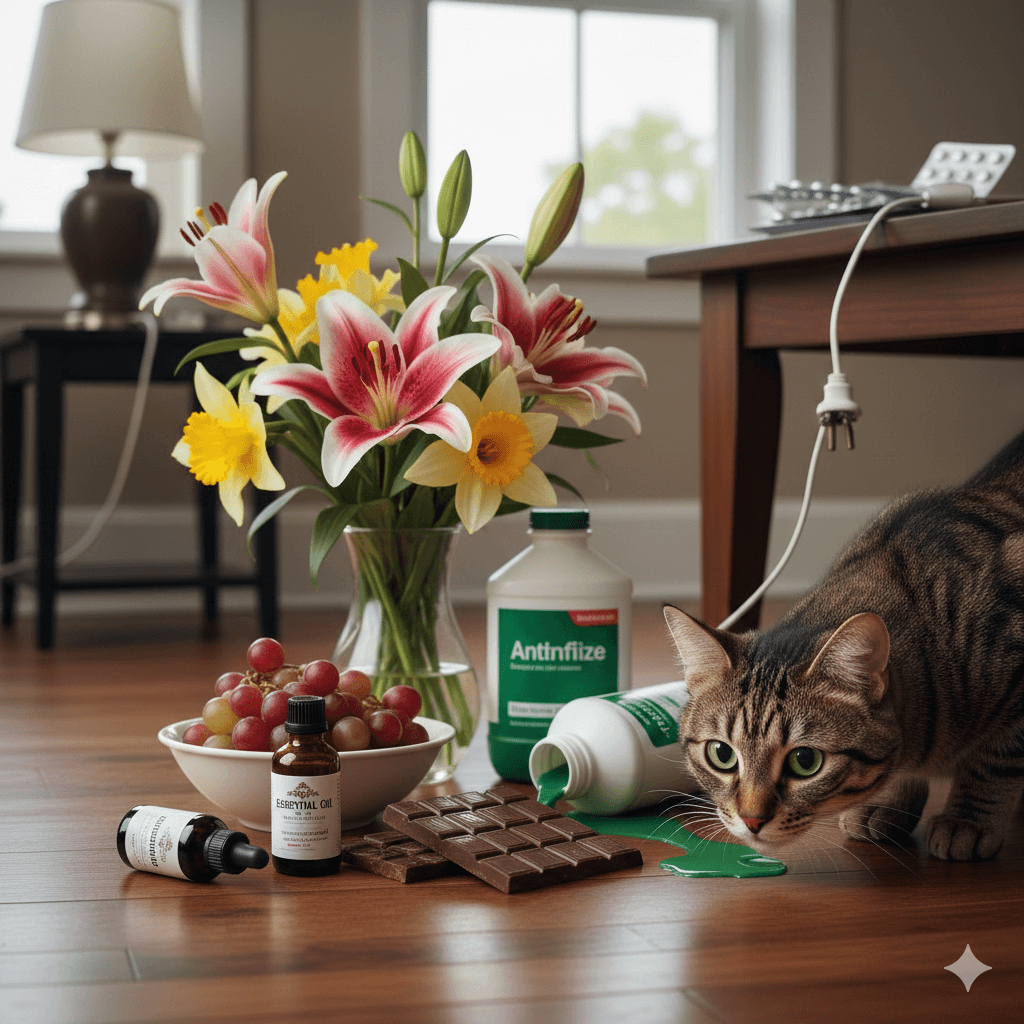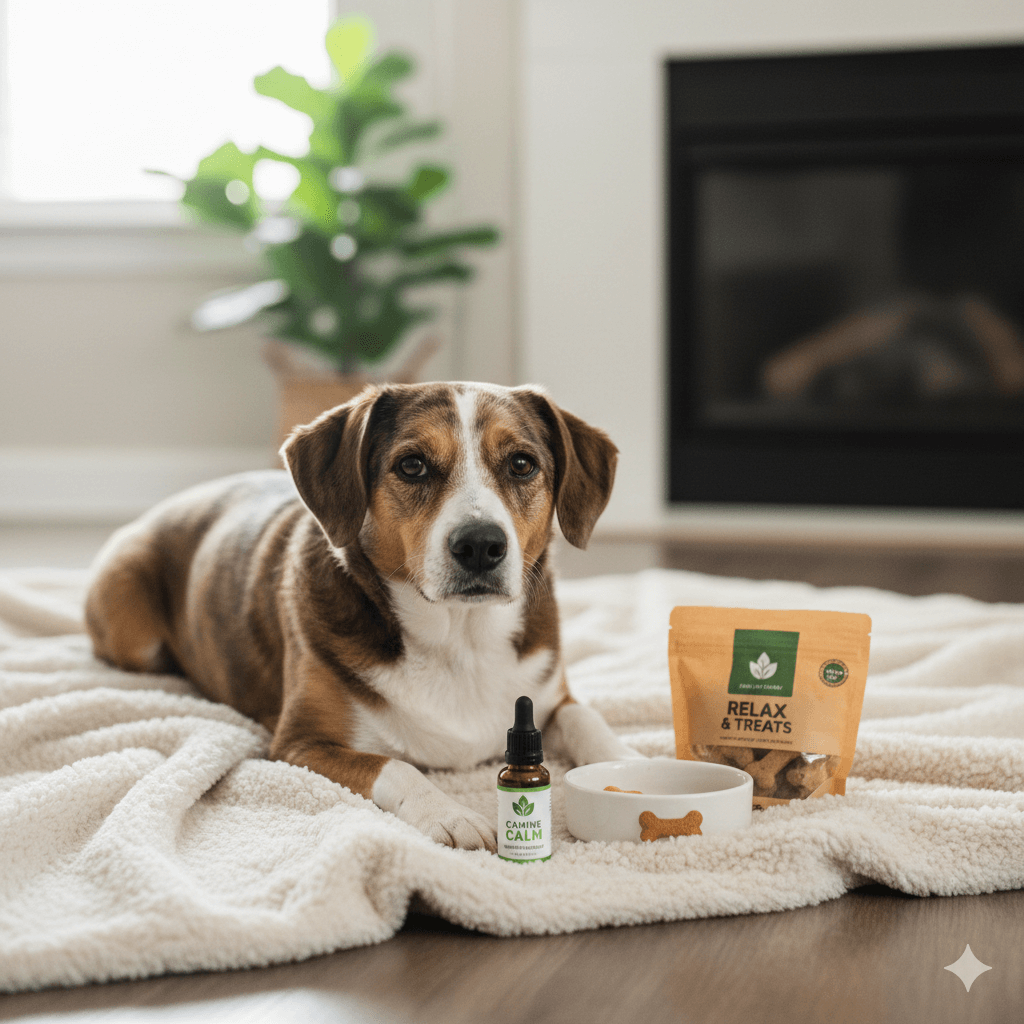Can Cats Eat Almond Butter?
As cat owners, we often wonder whether certain human foods are safe to share with our feline friends. One such food is almond butter—a creamy, nutty spread that many of us enjoy. But can cats eat almond butter? While it’s not inherently toxic, there are important considerations to keep in mind before offering this treat to your cat. Understanding the potential benefits, risks, and alternatives ensures you make informed decisions about your pet’s diet. In this blog post, we’ll explore everything you need to know about feeding almond butter to cats, from nutritional insights to safer snack options.
Potential Risks of Feeding Almond Butter to Cats
While almond butter may seem harmless, it poses several risks that every cat owner should be aware of. These hazards range from digestive issues to more serious health concerns.
High Fat Content:
Almond butter is rich in fats, which can overwhelm a cat’s sensitive digestive system and lead to vomiting or diarrhea.Choking Hazard:
The thick texture of almond butter can pose a choking risk, especially if your cat tries to lick it too quickly.Allergic Reactions:
Some cats may have allergies or sensitivities to nuts, resulting in symptoms like itching, swelling, or difficulty breathing.Toxic Additives:
Many commercial almond butters contain added sugars, salt, or artificial flavors, which are harmful to cats.Risk of Pancreatitis:
Consuming high-fat foods like almond butter can increase the risk of pancreatitis, a painful and potentially life-threatening condition.
These risks highlight why caution is essential when considering almond butter as a treat for your cat. Always prioritize their health over curiosity.
Potential Risks of Feeding Almond Butter to Cats
While almond butter may seem harmless, it poses several risks that every cat owner should be aware of. These hazards range from digestive issues to more serious health concerns.
High Fat Content:
Almond butter is rich in fats, which can overwhelm a cat’s sensitive digestive system and lead to vomiting or diarrhea.Choking Hazard:
The thick texture of almond butter can pose a choking risk, especially if your cat tries to lick it too quickly.Allergic Reactions:
Some cats may have allergies or sensitivities to nuts, resulting in symptoms like itching, swelling, or difficulty breathing.Toxic Additives:
Many commercial almond butters contain added sugars, salt, or artificial flavors, which are harmful to cats.Risk of Pancreatitis:
Consuming high-fat foods like almond butter can increase the risk of pancreatitis, a painful and potentially life-threatening condition.
These risks highlight why caution is essential when considering almond butter as a treat for your cat. Always prioritize their health over curiosity.
Check this guide 👉Can Cats Eat Persimmons? Best 7 Expert Tips!
Check this guide 👉Can Cats Eat Sashimi? Best 7 Expert Tips!
Check this guide 👉Can Cats Eat Clams? Best 7 Expert Tips!

Safe Alternatives to Almond Butter | Risks of Unsafe Treat Choices |
|---|---|
Plain cooked chicken (unseasoned) | Sugary or salty almond butter varieties |
Pumpkin puree (plain, unsweetened) | Peanut butter with xylitol (toxic) |
Cat-safe treats from pet stores | Large quantities of any nut butter |
Small pieces of banana or apple | Processed foods with artificial additives |
Bone broth (unsalted and strained) | Raw or moldy nuts |
How to Safely Introduce Almond Butter to Your Cat
If you decide to give your cat almond butter, it’s crucial to take precautions to minimize risks. Follow these guidelines to ensure a safe experience.
Choose Plain, Unsweetened Varieties:
Avoid almond butter with added sugars, salt, or artificial flavors, as these ingredients are harmful to cats.Offer Tiny Portions:
Give only a small smear—about the size of a pea—to prevent digestive upset or excessive fat intake.Monitor for Reactions:
Watch for signs of allergies or intolerance, such as vomiting, diarrhea, or skin irritation, after offering almond butter.Spread It on a Toy:
Smear a tiny amount on a cat-safe toy to encourage slow licking and reduce the risk of choking.Consult Your Veterinarian:
Before introducing almond butter, seek advice from your vet to ensure it aligns with your cat’s dietary needs.
By following these steps, you can mitigate risks while allowing your cat to enjoy an occasional indulgence.
Signs Your Cat May Be Struggling with Almond Butter
Even with precautions, complications can arise if your cat consumes almond butter improperly. Watch for these warning signs to act quickly if something goes wrong.
Vomiting or Diarrhea:
These symptoms may indicate digestive distress caused by the high fat content or additives in almond butter.Lethargy or Weakness:
If your cat appears unusually tired or unresponsive, it could signal a more serious issue like pancreatitis.Difficulty Breathing:
Wheezing or labored breathing may suggest an allergic reaction requiring immediate veterinary attention.Loss of Appetite:
A sudden refusal to eat could indicate discomfort or illness related to consuming almond butter.Excessive Drooling:
This behavior might occur if your cat finds the texture overwhelming or experiences nausea.
Recognizing these signs early allows you to seek veterinary care promptly, preventing further complications.
Common Mistakes to Avoid When Feeding Almond Butter
Feeding almond butter to your cat requires careful consideration to avoid mistakes that could endanger their health. Here are some pitfalls to watch out for.
Using Flavored or Sweetened Varieties:
Added sugars and artificial flavors can harm your cat’s health; stick to plain, unsweetened almond butter.Ignoring Portion Control:
Even small amounts can upset your cat’s stomach if given too frequently; moderation is key.Leaving It Accessible:
Leaving almond butter within reach can tempt your cat to eat too much, leading to digestive issues.Assuming All Nuts Are Safe:
Not all nuts are created equal—some, like macadamia nuts, are highly toxic to cats.Neglecting Veterinary Advice:
Skipping a professional opinion can result in unknowingly harming your cat with inappropriate food choices.
Avoiding these mistakes ensures a safer and healthier experience for your cat.
Alternatives That Mimic the Appeal of Almond Butter
If you’re hesitant about feeding almond butter, there are plenty of alternatives that mimic its appeal without the associated risks.
Plain Cooked Chicken:
A small piece of plain, unseasoned chicken provides protein and satisfies your cat’s craving for new tastes.Pumpkin Puree:
Rich in fiber, pumpkin puree aids digestion and makes a tasty, cat-safe treat.Cat-Specific Treats:
Commercial cat treats are formulated to meet your pet’s nutritional needs while offering variety.Bone Broth:
Strained and unsalted bone broth offers hydration and nutrients without the risks of nut butters.Small Pieces of Fruit:
Bananas or apples (without seeds) provide natural sweetness in moderation.
These alternatives allow you to cater to your cat’s curiosity while keeping them safe.
Understanding Your Cat’s Natural Instincts Around New Foods
Cats are naturally curious creatures, often drawn to new smells and textures. Understanding their instincts helps explain their fascination with human foods like almond butter.
Exploratory Behavior:
Cats use their sense of smell and taste to investigate unfamiliar items, including foods they encounter.Preference for Protein:
As obligate carnivores, cats are biologically wired to prefer meat-based foods over plant-based options like nuts.Attraction to Creamy Textures:
The smooth consistency of almond butter may intrigue cats, prompting them to lick or nibble.Curiosity Over Hunger:
Cats are more likely to try new foods out of curiosity rather than genuine hunger, so portion control is essential.Territorial Marking:
Chewing or licking novel objects can serve as a way for cats to assert ownership or relieve stress.
By recognizing these behaviors, you can better address your cat’s needs in a safe and controlled manner.
Frequently Asked Questions About Cats and Almond Butter
Is almond butter toxic to cats?
Almond butter is not highly toxic, but it can cause digestive issues and other health problems if consumed in large amounts.
Can kittens eat almond butter?
Kittens should avoid almond butter entirely due to their developing digestive systems, which are more sensitive than adult cats’.
What type of almond butter is safest for cats?
Plain, unsweetened almond butter without additives is the safest option, though it should still be given sparingly.
How much almond butter can I give my cat?
Limit the portion to a tiny smear—about the size of a pea—and offer it no more than once or twice a month.
What should I do if my cat eats too much almond butter?
Contact your veterinarian immediately to assess the situation and prevent potential complications.
Prioritizing Your Cat’s Health When It Comes to Almond Butter
Feeding almond butter to your cat can be a double-edged sword, offering minor benefits but posing significant risks if not handled carefully. While it’s not inherently toxic, its high fat content, potential additives, and choking hazards make it less than ideal as a regular treat. By understanding the dos and don’ts of feeding almond butter, choosing safer alternatives, and consulting your veterinarian, you can ensure your cat stays healthy and happy. Remember, your feline friend relies on you to make the best dietary choices for them—so always prioritize their well-being above all else.
Understanding Dog Rehabilitation: Best 7 Expert Tips! – Discover how targeted therapies and exercises restore mobility, relieve pain, and improve your dog’s quality of life safely.
Can THC Help with Cat Anxiety? Best 7 Expert Tips! – Discover the facts, risks, and safe usage of THC for calming your anxious cat. Always consult a vet first!
What Is Toxic to Cats: Best 7 Expert Tips! – Discover common toxins, recognize symptoms, and learn how to keep your cat safe from harmful substances.
Can THC Help with Dog Anxiety? Best 7 Expert Tips! – Discover the effects, risks, and safe use of THC for calming your anxious dog. Consult a vet first!




